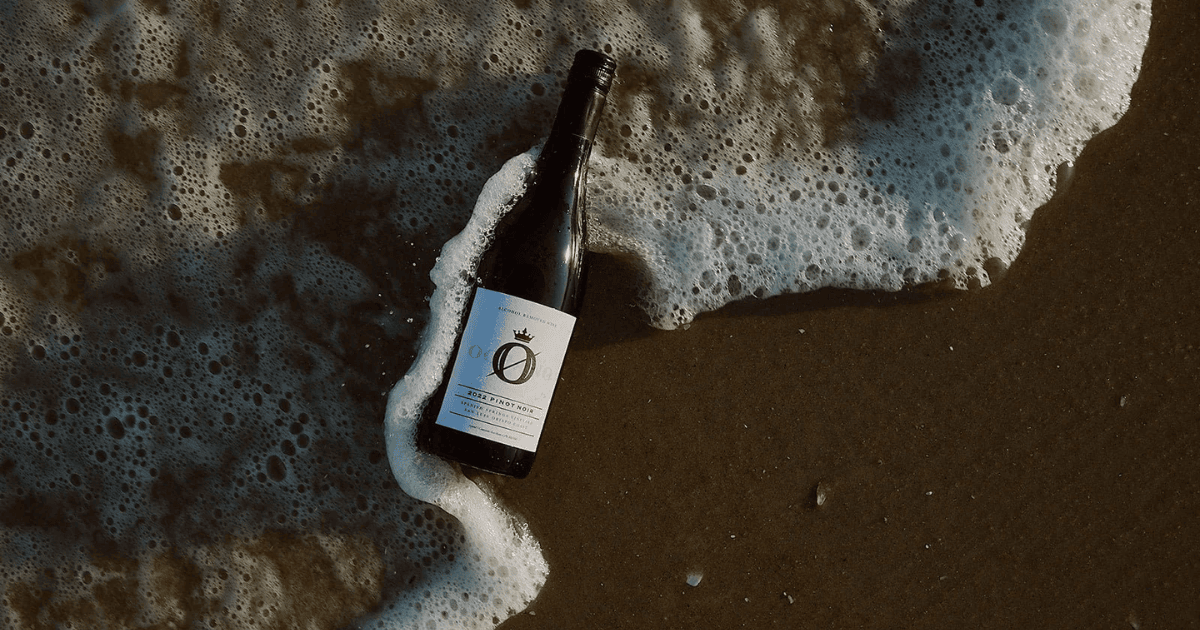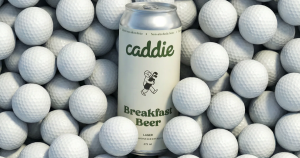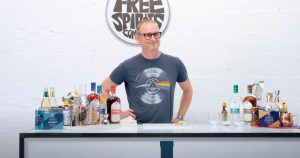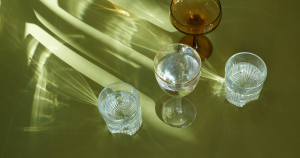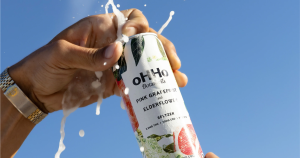For over a century, the prestige of fine wine has rested on aging barrels, coveted terroirs, and the ritual of the pour. But a quiet revolution is unfolding in vineyards from Argentina to Austria: legacy wine producers are entering the non-alcoholic category.
What once seemed like a novelty—dealcoholized wine—has become a calculated business move. And traditional winemakers aren’t just dabbling. They’re going all in.
This Shift Is Market-Driven and Personal
For many winemakers, the pivot to non-alc didn’t start with market research. It started with a personal shift. Rachel Martin of Oceano Wines felt the pull while participating in Goldman Sachs’ 10,000 Small Businesses program.
She was tasked with identifying a bold growth opportunity and landed on non-alcoholic wine, which was a choice that initially made her question whether she belonged in the space.
“At first, I thought: I don’t belong here. I’m a fine wine producer. But then I realized this was my opportunity. Not just for growth, but to serve a consumer base that was being overlooked,” she told us.
In Austria, the Heribert Bayer winery took a similarly introspective route. They’ve even ventured into the aged space. Inspired by curiosity and a challenge from a partner, they asked themselves: what would a 20-year-old non-alcoholic wine taste like? The result was Zeronimo Century Blend, an aged non-alcoholic wine that captures the nuance and complexity usually lost in dealcoholization.
Bringing Winemaking Expertise to a New Frontier
One clear advantage legacy producers bring to the non-alc space is technical mastery. They understand fermentation, vineyard management, and aging at a depth few non-alc category-native brands can match.
Martin, for example, draws on her experience with vineyard-specific wines. Oceano Zero sources from Spanish Springs in San Luis Obispo, with a focus on expressing terroir and vintage. “These little things show in the wine, and that’s why wine’s amazing. This is also what informs Oceano Zero,” she said.
The Bayer family echoed this, observing that while dealcoholization reduces some primary fruit aromas, it leaves secondary and tertiary aging notes beautifully intact. That insight laid the groundwork for their bold experiment with extended aging.
These producers aren’t just making alternatives. They’re applying the same standards of excellence they would to their alcoholic portfolios, sometimes with even greater difficulty. As Martin put it: “It’s not easier. It’s harder.”
Scaling Up Without Selling Out
Legacy wineries also have the infrastructure to scale: fermentation facilities, global distribution, and brand equity that give them a head start. The Catena family’s Domaine EdeM, for instance, is already launching with competitive pricing and international aspirations.
But that doesn’t mean indie brands are going anywhere.
Independent bottle shops continue to champion category-native brands that took risks before the category was more accepted. The future likely holds a blend of collaboration and competition, as traditional producers increasingly share shelf space with the pioneers who made earlier moves.
A Blurred Line, a New Definition
According to the IWSR, the percentage of US drinkers who regularly consume non-alcoholic beverages more than doubled last year. Millennials and Gen Z are leading that charge, making up more than 60% of the market. As drinking habits evolve, the line between alcoholic and non-alcoholic categories is fading fast.
Will traditional producers acquire smaller category-native brands? Will they build their own? Will the consumer care who came first?
For now, what’s clear is that wine is being redefined. Not just as a beverage, but as an experience that can honor tradition, even when the alcohol is gone.


